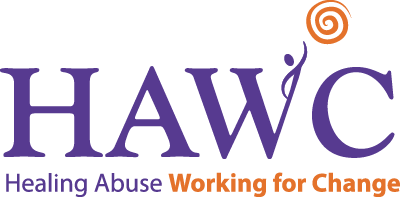Social media has allowed the world to become a smaller, more connected and creative place. Support networks span the globe. News spreads quickly and efficiently, and entire movements and revolutions online help people to feel like they are no longer alone in their struggles. However, with the rise of networks like Facebook, Twitter, and Instagram, online users are more and more often losing their right to privacy under the weight of social pressures. In many cases of abuse, the prevalence of social media gives abusers a new channel for control and manipulation.
All people deserve to be treated with dignity and respect, both in person and online. In a constant effort to help you achieve safety and health, HAWC has compiled a list of steps you can take to protect yourself from digital abuse.
- Think about what you post.
Remember that nothing is completely private online, and once you send something out into the interwebs, you cannot take it back. Only post things that you want the public to see or know, and limit the amount of personal information you share. Your phone number, birth date, address, school, employer, and other private information can make it easier for someone to find where you are at any given time.Often, a good test for whether your post is appropriate is assessing whether you would comfortably give this information in person.
- Set boundaries with others.
Social media is not just about what you post—what your friends and family post may also reveal where you can be located, what your interests are, and who you are seeing. Talk to the people close to you about posting personal information, negative comments, check-ins, or photos without your permission. Understand that your passwords can be kept private, not just from family and friends but also from partners. - Take proper action.
If you are receiving harassing, abusive, or inappropriate comments, resist the urge to respond and instead consider reporting that behavior to the site administrators. These professionals exist to make your online experience safe, and anyone’s inappropriate behavior reflects poorly on them. If the harassment is excessive or accompanies any in-person abuse, keep a record of each comment or post. In the event that you choose to contact the police or file a restraining order, this can act as tangible evidence of the abuse. - Adjust your routine and your settings, especially if you are a survivor of abuse.
There are many facets to leaving an abusive relationship that are complex and overwhelming to address. Often, social media settings can fall very low on that list, but your privacy online can greatly help you achieve a life free from violence and fear. If you are leaving an unhealthy relationship, block the other person from Facebook or other social networking sites. Then, adjust your privacy settings—you have control over how your information is shared and who has access to it, so resist checking in on location-based sites, avoid posting private details on your friend’s pages (as they may still be friends with the other party), and check which photos you are tagged in.For any major break up, it can be helpful to “super log-off.” Consider deactivating your Facebook account, and remember that if you chose to do so temporarily, Facebook will keep your friends, wall posts and photos safe for the next time you log on.
- If you are a parent, talk to your child.
The biggest dangers of social media come from a new generation of users who have incorporated social media into all aspects of their lives. If you are a parent, do not be afraid to monitor your child’s social networks. More importantly, talk to your children about how to handle social media in a healthy way, and keep the lines of communication open so that they may feel comfortable sharing their lives with you voluntarily.
Social media is a great gift that allows us to connect with others in any place at any time. It is helpful to maintain a caution when using social media, however, so that you may be protected the years to come.

